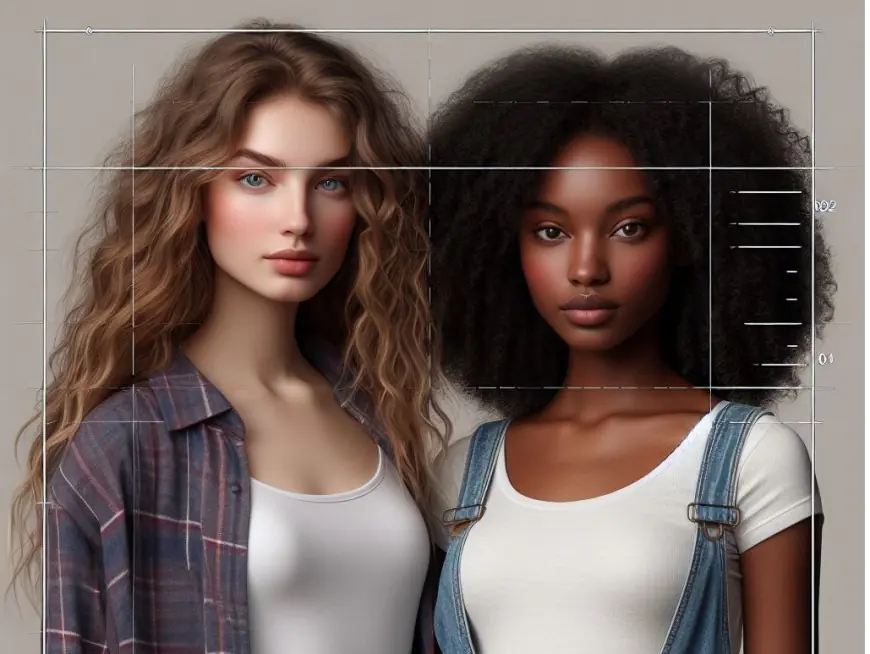How Is a New GenAI Model Fighting AI Bias and Representation Challenges?
In the ever-evolving landscape of artificial intelligence (AI), the battle against AI bias within generative AI models has taken center stage. Amid concerns about the portrayal of inclusivity and representation within technological advancements, one model has emerged as a beacon of hope. Enter Latimer GenAI, a groundbreaking Large language model (LLM) initiative aimed at not […]

In the ever-evolving landscape of artificial intelligence (AI), the battle against AI bias within generative AI models has taken center stage. Amid concerns about the portrayal of inclusivity and representation within technological advancements, one model has emerged as a beacon of hope. Enter Latimer GenAI, a groundbreaking Large language model (LLM) initiative aimed at not just fighting bias but also revolutionizing representation in AI. Developed by John Pasmore, Latimer stands as a testament to the fusion of cultural awareness and technological innovation in the quest for equitable AI.
Exploring Latimer’s endeavor
Latimer GenAI is not just another AI model; it’s a meticulously crafted solution to a pressing societal challenge. Named after Lewis Latimer, the African American inventor renowned for his contributions to technology, Latimer serves as more than just a tool—it’s a symbol of progress. With a foundation deeply rooted in cultural understanding, Latimer goes beyond conventional large language models (LLMs), incorporating historical events, oral traditions, and literature into its framework. Through its unique retrieval-augmented generation (RAG) model, Latimer ensures accuracy by filtering through vast datasets, thus mitigating biases ingrained within.
Combating AI bias for a fairer future
The implications of addressing AI bias extend far beyond the realm of technology. By tackling biases inherent in datasets, Latimer paves the way for combating systemic discrimination across various domains. From housing evaluations to educational opportunities, the repercussions of biased AI algorithms are profound. Latimer’s approach not only rectifies existing biases but also establishes a blueprint for inclusive data practices. Through initiatives like its partnership with cultural scholar Molefi Kete Asante and licensed content usage, Latimer prioritizes accuracy and fairness in its outputs.
Latimer’s exclusive contract with licensed content providers, such as the New York Amsterdam News, underscores its commitment to sourcing reliable information while ensuring diverse representation. By leveraging high-quality data sources, Latimer not only enhances the accuracy of its responses but also fosters trust within the communities it serves, ultimately fostering a fairer future for all.
Charting the path forward – Latimer’s role in shaping tomorrow’s AI landscape
As Latimer continues its journey towards widespread implementation, the potential impact on societal norms and technological ethics cannot be understated. The gradual rollout of expanded access signifies a step towards a more equitable AI landscape. Yet, amidst the optimism, questions linger. How will Latimer’s advancements shape the future of AI development? What role will inclusive data techniques play in fostering technological fairness? As technologists and scholars alike delve deeper into the realm of GenAI, the answers may redefine the very fabric of our digital existence.
In the quest for technological advancement, the fight against AI bias emerges as a pivotal battleground. Latimer GenAI stands at the forefront of this crusade, armed with innovation and determination. By challenging existing norms and embracing diversity, Latimer not only reshapes AI but also redefines our collective aspirations for a fairer future. As we navigate the complexities of AI development, one thing remains clear: the journey towards equitable technology begins with initiatives like Latimer. So, as we ponder the possibilities, let us ask ourselves: how can we ensure that AI reflects the diversity and inclusivity of our world?
What's Your Reaction?








































































































